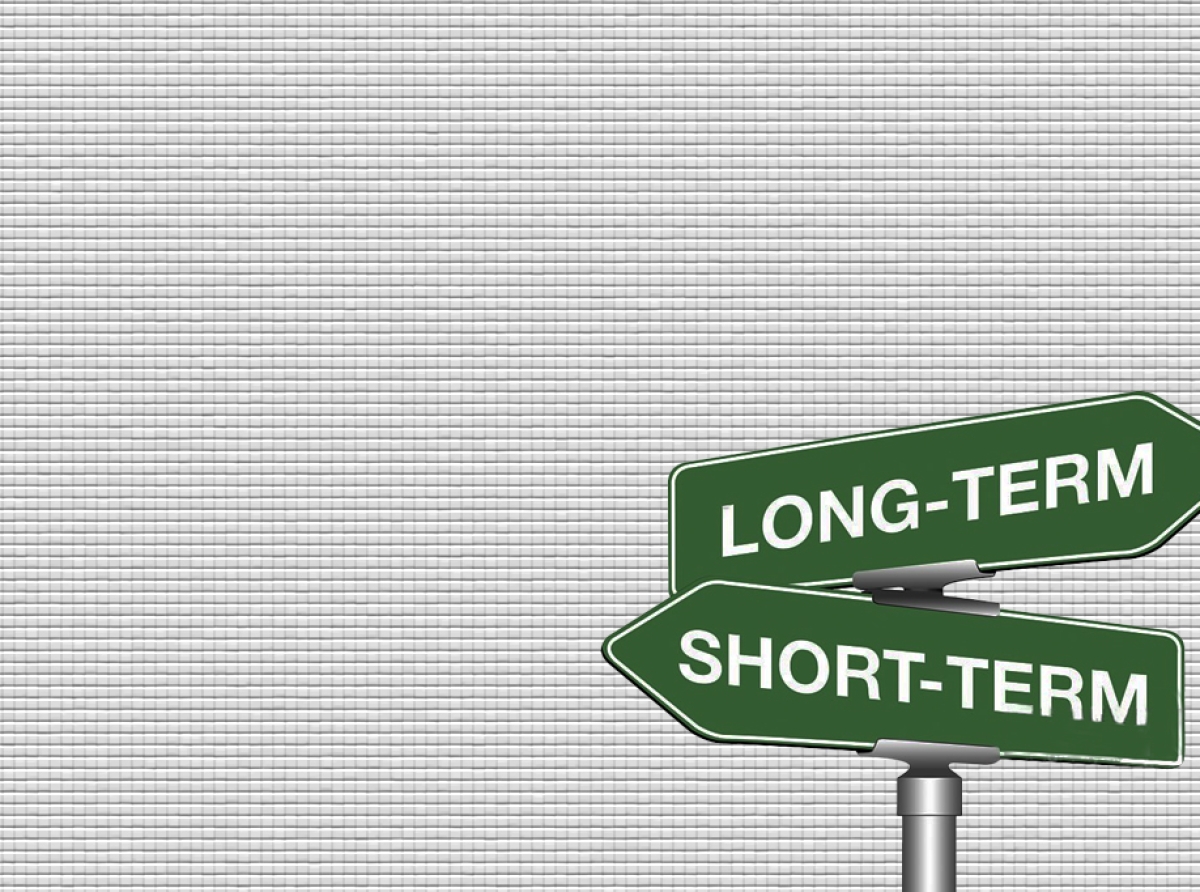
Long-Term vs. Short-Term Forex Trading
Forex trading, or foreign exchange trading, is the act of buying and selling currencies to make a profit.
Given its 24-hour operation and high liquidity, it stands as one of the most dynamic financial markets in the world. Traders can choose between various strategies to maximize their gains, with long-term and short-term trading being two of the most popular approaches.
Each has its unique characteristics, benefits, and challenges, making the choice between them crucial for any trader aiming for success.
Given its 24-hour operation and high liquidity, it stands as one of the most dynamic financial markets in the world. Traders can choose between various strategies to maximize their gains, with long-term and short-term trading being two of the most popular approaches.
Each has its unique characteristics, benefits, and challenges, making the choice between them crucial for any trader aiming for success.

Long-Term vs. Short-Term Forex Trading
Characteristics of Long-Term Forex Trading
Long-term Forex trading, often referred to as position trading, involves holding trades for extended periods ranging from several weeks to years. This approach is grounded in thorough market analysis and often relies on macroeconomic factors such as interest rates, economic forecasts, and geopolitical events.Advantages:
Reduced Stress: Because trades are held over longer periods, traders are not pressured by daily market fluctuations.
Lower Transaction Costs: With fewer trades executed over time, transaction costs (like spreads and commissions) are minimized.
Potential for Significant Gains: Long-term trends align more closely with overarching economic policies and developments, presenting opportunities for substantial profits.
Characteristics of Short-Term Forex Trading
Short-term Forex trading encompasses strategies like day trading and scalping where positions are opened and closed within a few seconds to a day. This method requires a keen eye for technical analysis and minute-by-minute market movements.Advantages:
Quick Returns: Profits (or losses) can be realized swiftly due to frequent trading opportunities.
High Engagement: Short-term traders often feel more engaged with the market due to constant monitoring.
Risk Management: Smaller exposure durations can sometimes allow better risk management practices because positions can be quickly liquidated if adverse movements occur.
Comparative Analysis
Choosing between long-term and short-term trading involves understanding key differences:Time Commitment: Short-term trading demands continuous attention throughout the day whereas long-term trading requires sporadic check-ins aligned with major economic reports or events.
Risk Tolerance: Long-term traders must be comfortable with potential short-term losses in pursuit of larger gains whereas short-term traders need quick decision-making skills to handle rapid market changes.
Market Knowledge: While both strategies benefit from technical analysis skills, long-term traders must also understand macroeconomic indicators deeply.
Conclusion
Both long-term and short-term Forex trading strategies offer distinct advantages tailored to different types of traders. While long-term trading offers reduced stress and lower transaction costs ideal for those who prefer a more hands-off approach, short-term trading caters to those seeking quick returns and constant engagement with the market.
In choosing the right strategy, one must consider personal goals, risk appetite, available time for monitoring trades, and level of market knowledge. A balanced understanding of these factors will guide traders towards a strategy that aligns best with their circumstances and maximizes their potential for success in the dynamic world of Forex trading.
Forex trading, Long-term strategy, Short-term strategy, Trading strategies, Financial
markets
Both long-term and short-term Forex trading strategies offer distinct advantages tailored to different types of traders. While long-term trading offers reduced stress and lower transaction costs ideal for those who prefer a more hands-off approach, short-term trading caters to those seeking quick returns and constant engagement with the market.
In choosing the right strategy, one must consider personal goals, risk appetite, available time for monitoring trades, and level of market knowledge. A balanced understanding of these factors will guide traders towards a strategy that aligns best with their circumstances and maximizes their potential for success in the dynamic world of Forex trading.
Forex trading, Long-term strategy, Short-term strategy, Trading strategies, Financial
markets









Report
My comments